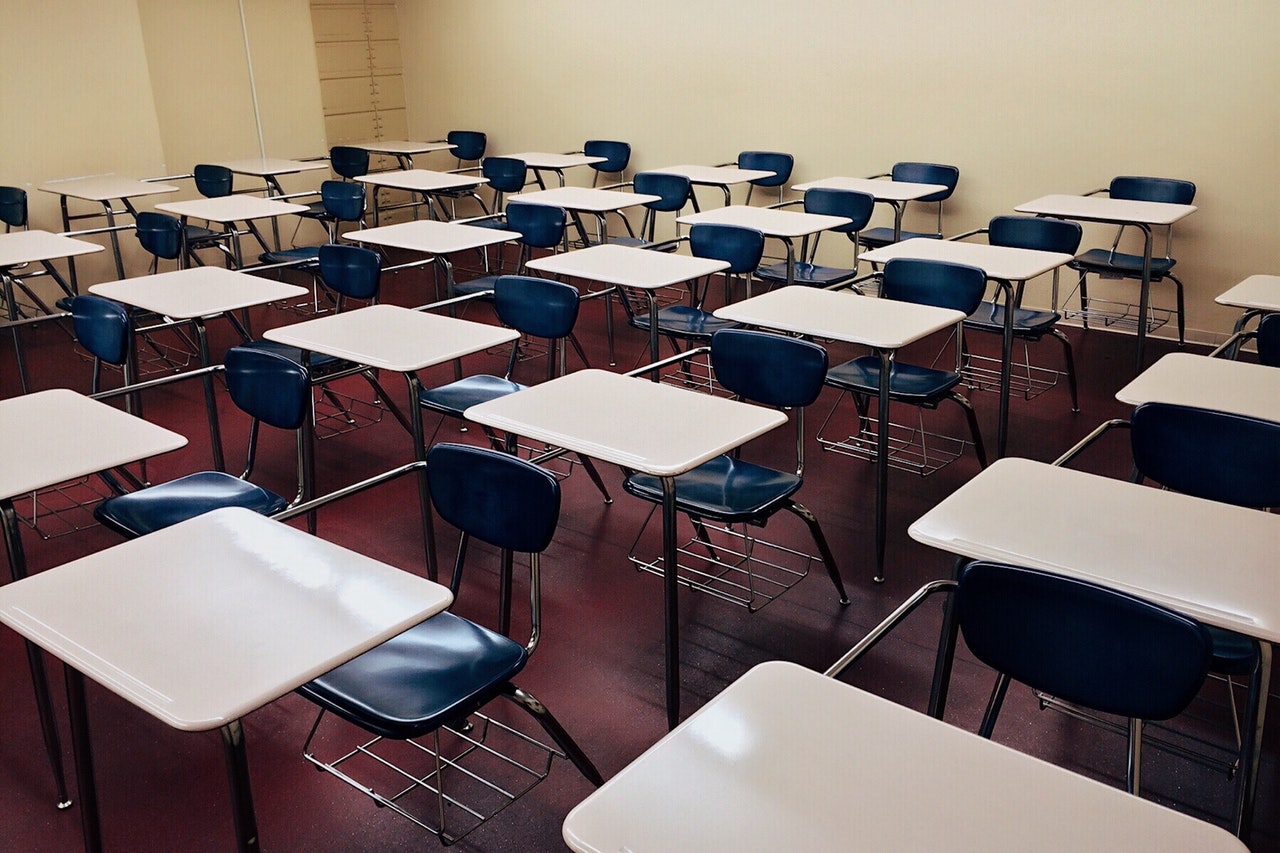What happens if I fail a class in college? This is one question we get from a lot of students. If you’re reading this, then it’s likely that you or a friend are on the verge of failing, have failed, or you’re just curious about the outcome of failure. Whether you are in the first, second, or third category, you will find the answer to your question in this guide. So read on to get the perfect solution.
Is it normal to fail a class in college? Well, it depends. Although you can graduate from college without failing a class, it’s normal to fail a class in college. And this happens when things don’t go as planned.
However, because you failed a course or class in college doesn’t mean that something is wrong with you. The fact is that any student can fail a course in college – even the brightest students can also fail!
So what happens when you fail a class in college:
1. It affects your GPA
Failing a course will surely affect your Grade Point Average or GPA for short. The effect of failing a course on the GPA is always negative, especially if that course carries a significant course unit. An exception to this rule is the pass/fail courses.
Most universities have a minimum GPA that students must have to remain enrolled in that institution. This is to create an expected standard for all students studying in the school. If this is your first time failing, then it won’t affect your GPA significantly. However, if you have been failing over and over, it could plunge your score further.
2. You may lose your scholarship or financial aid
If you are a student on scholarship or you are getting financial aids from NGOs, the government, etc., your failure might negatively affect you beyond just your GPA.
Depending on the institution, one failure in a course might not affect you since you can retake it. However, in some universities where there’s zero tolerance for failure, you may fall off their plan immediately you fail any course.
There are different requirements: zero failure, minimum GPA, minimum credits, etc. Again, it’s best to enquire from your financial aid to see how failing a course can affect you.
What to Do If You Fail A Class In College
There are a lot of things to do if you fail a course. We know you might get confused about what to do, so we compiled 11 lists of what you can do.
- Retake it
You might have failed a class due to some matters beyond your control during the exam period. That’s understandable because one cannot always control external circumstances. However, you can control how you react to these circumstances.
So, whether you failed your course/class intentionally or not, the deed has been done. A remedy would be to retake the course (or class if necessary) to get credit in the course.
- Be Optimistic
You must remain optimistic after a failure. Though you might feel depressed for a while, you must bounce back quickly and move on with life.
Failing doesn’t mean you’re not good enough or that you’re a failure. You might have failed due to a lack of or inadequate preparation. Grief for a while, then prepare again for the exams and retake them. Being optimistic can also help you to assimilate faster and perform better!
- Consider Changing Your Class Schedules If you have the luxury to change the time that you have to attend a particular class, then, by all means, do! For example, if you tend to assimilate mathematical subjects in the morning, take the morning math class. On the other hand, if you love philosophy in the evening, schedule your philosophy classes in the evening.
- Change your Lecturer Each lecturer has a unique way of educating students. If you have more than one lecturer for a class, consider changing your lecturer. Because your understanding of the course will determine how well you pass the examination.
- Maximize Students’ Resources Maximize students’ resources, whether online or offline! There are a lot of resources available for your class (both free and paid). Make sure you get them and maximize them. Resources can help you pass a class or course with better grades.
- Develop Better Study Habits
One bad study habit that can make you perform below the required standard is cramming. Putting off studying till the night before an exam is not an excellent way to learn. Although some people perform better under such conditions, it’s a lousy habit long-term.
Cramming is stressful and tasking. And more dreadful is the fact that you can forget all you’ve crammed in an instant. So instead, find better study methods.
One study habit that can help you is making reading a part of your daily routine. Don’t cram; you should read to understand. It’s better to express yourself in an exam so that you understand the subject that is trying to regurgitate answers word for word.
- Connect with Friends You will be amazed at how well you will understand a topic when your friend explains it to you or when you teach a friend. Ask questions and ask for help from other students, you will understand the course better. And don’t forget to thank them and give them feedback on what you have learned.
- Reach Out to Your Lecturers And Do Extra Credit You can meet your lecturers if you don’t understand a course or if you want to know more about a concept or subject. Lecturers love curious students! It would be best if you also leveraged on their test, study materials, assignments, etc., to boost your score.
- Read Your College Policy It will help if you read your college policy so that you can know where you stand. Not knowing what the policy says can get you kicked out of the school and become an involuntary dropout. As earlier stated, most universities have a minimum GPA for students, so it’s best to know your college policy to be more careful and take the necessary steps to abide by it.
- Positive Attitude One of the reasons for failure is when you are not interested in the course. But since you want to pass, you should develop an interest in the course. And always think about the course positively.
- Why Did You Fail?
Why did I fail? You can call this a self-assessment. At this point, you should be more honest with yourself because an understanding of this will make you avoid your past mistakes. If you don’t learn from past mistakes, you’ll fail twice or more.
The most common problems are lack of concentration, plenty of part-time jobs, late assignments and not listening to instructions, not being interested in the course or the lecturer, procrastination, and little study time.
Find out your reasons and look for a way to solve or avoid that issue. You will be amazed at how well you will pass the course.
What Happens If You Fail A Class 3 Times in College?
In most colleges, you can take a class twice or thrice. You may be allowed to do the fourth one if you appeal to the management. But failing the fourth time can make you drop out or transfer to a new program. It’s assumed you are no fit for the program and thereby discontinued from the college’s system.
So Is it better to drop a class or fail it in college? It’s better to fail a class than to drop out. Though failing might reduce your GPA, you still have an opportunity to retake it. We are not advising you to fail a course, but rather than dropping out, failure is preferable.
Can I Graduate and Get a Degree If I fail a Class in College?
It’s not possible to graduate without passing all your compulsory classes. So you should at least have a pass in all courses before you can graduate. And you might probably spend an extra semester to complete all your classes. This will enable you to graduate and get your degree.
The Outcome of Failing a Class
How bad is the outcome of failing a course? Failing a class has both positive and negative sides. While it’s not a good thing, you will learn a lot from it. Here are some possible outcomes of failing a class.
- Retaking the course: When you fail a course, you have to retake it to fulfill all academic requirements, which will make you graduate with ease.
- Extra semester: If not careful, failed courses can make you spend extra semesters in school.
- No graduation: For final year students. You will be denied graduation if you have a failed course. You must successfully fulfill all your courses before you graduate.
- More insight: Failing a course and retaking it gives you more insight and more understanding about the course. You might end up doing better than expected.
- Academic probation: At times, subsequent failures can lead to academic suspension. You should avoid this as much as possible.
- Dropping out: If you are not careful, you might end up dropping out or being forced to drop out.
- Low GPA: Failing a course will give you a low GPA for that semester. But subsequent failures can lead to a low overall GPA.
Conclusion
When you fail, try to reflect on the possible causes of the failure. Then, learn from your mistakes and move on! Sometimes you win, sometimes you fail/learn. And sometimes, failure might be the perfect experience you need to rise in college. It is not the end of your academics; it is the beginning of your best year yet!



 by
by 






